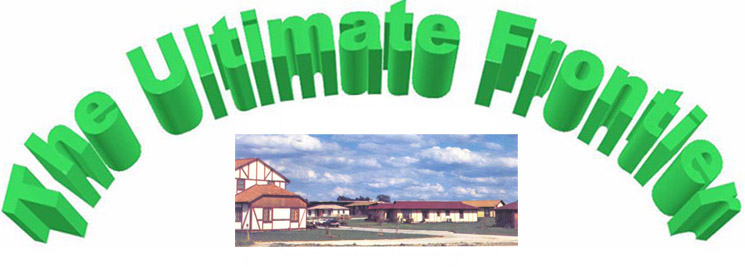|
|
||
|
|
Teaching Parenting Skills In the communities of Stelle and Adelphi everyone is educated about the needs of children
for love, acceptance, positive role models, and social guidance. We look
carefully at our own culture and compare it to other cultures in an attempt
to strip down the societal biases to the end of finding out what is basic to
human needs and human development. We are aware of the critical need for a
child to have a healthy body, good nutrition, and a positive attitude. And,
we not only train all adults in our two communities in the basic assumptions
and techniques of our educational philosophy, but anyone who has a special
skill or skills in any area is encouraged to actively contribute to the
educational program of the children. The more consistently positive
experiences a child has while growing up the greater is the likelihood that
the child will have excellent social, emotional, intellectual and physical
skills as tools to build a better self and a better world. For married couples planning to have
children, additional in-depth education is given.
They are encouraged to first establish a strong,
stable, loving marriage. We ask both future parents to involve themselves
with other children to acquire an accurate impression of the multifaceted
realities of childrearing. Special emphasis is
placed on deeper understanding of our own human nature so we can
better comprehend the needs of all human beings and be sensitive to these in
the children. Throughout our years of experience we
have gathered a comprehensive reading list that will assist parents and
potential parents in an on-going awareness of child psychology, child
development, communication skills, discipline, nutrition and intellectual
stimulation. When one is reading, discerning, and sharing new ideas in an
open and supportive environment of interested friends responses to children
are more likely to be conscious and with forethought rather than an automatic
reaction. The importance of a serene environment
for the pregnant mother has been addressed in a
previous Adelphi Quarterly
newsletter. Whenever possible, mothers have home births; and both parents
experience a unique closeness with each other and their newborn during this
important bonding phase. Prenatal instruction is available within our
communities if a parent chooses this option. The first six years of life are the
foundation for all intelligence. Most professionals now attest to this. Glenn Doman, founder of the Better
Baby Institute, says that “When mothers discovered that they could not
only teach their babies ... but could teach them better and easier at two
years of age than the school system was doing at seven, a new and almost
indescribably delightful world opened up—a world of mothers and kids, and the
potential to change the world in a very short time and almost infinitely for
the better.” The Brotherhoods concur with
this fully. Thus, parents are the child’s most
important and most impactful teachers. Given an understanding of the
month-by-month neurological development of the brain and
how children learn, the potential of each individual is much more
likely to be fulfilled. Within Stelle, many years have been
spent helping moms and dads with their preschoolers at home to teach
the child reading by age three and writing by age four. In 1978, The
Institutes for the Achievement of Human Potential, in Philadelphia, PA,
through its new wing—The Better Baby
institute—offered its first course entitled “How to Multiply Your Baby’s
Intelligence.” A few Stelle mothers attended the course in 1978 (I attended
in September 1979) and we instantly saw that the techniques evolved at the Institute
fit Stelle and Adelphi goals and needs perfectly. Our incorporation of the
Institute’s findings has made us even more effective in teaching children and
optimizing their potentials. Stelle parents regularly traveled to The Better
Baby program has proven to be much more effective than anything else we ye encountered. It’s more
fun and easy to incorporate into a daily routine. It also seems to address
the whole spectrum of human development including gymnastics, music, science,
reading, instant math, foreign language, and what the Institute calls
“Encyclopaedic Knowledge,” which covers anything you can think of to teach
about the world. When I went to So, we open our
arms to you and invite you to join us in taking this course. The course runs
five days, and each class is conducted in exactly the same
way as the |
|
|
|
|
|
